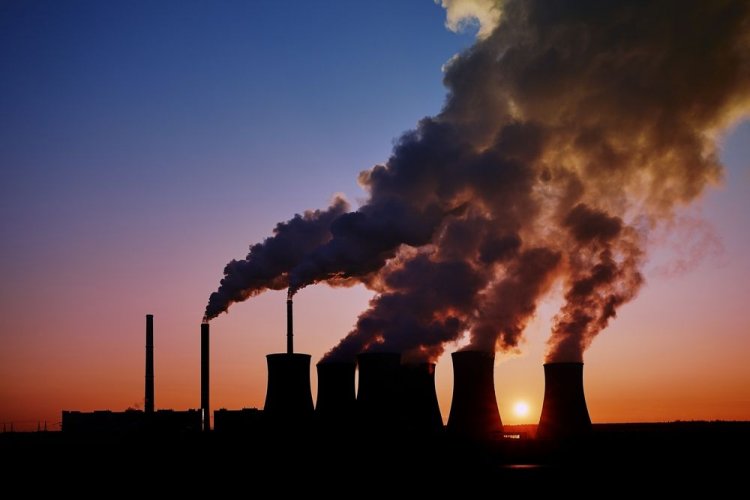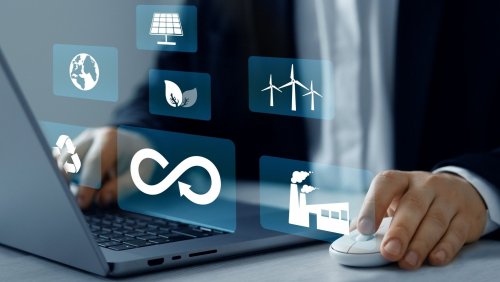Network specialists consulting and auditing PricewaterhouseCoopers (PwC) urged importers from multinational corporations (MNC) to prepare for the implementation of the carbon border adjustment mechanism (CBAM).
They advised MNC to assess the scope and granularity of CBAM from an overall business perspective, the business impact of environmental taxation, and rethink the supply chain where necessary, reports ITR
The authors emphasized that CBAM is an interesting policy measure as it provides an opportunity to redesign value chains MNC . In particular, CBAM addresses the cost of externalities and the localization of CO2 emissions at the transactional level
CBAM is currently under discussion among EU co-legislators and its adoption is high on the political agenda. An agreement on CBAM is expected to be reached by the end of 2022.
"The proposal of the European Commission envisages the gradual introduction of CBAM, starting from 2023. Initially, only the reporting obligations will apply, but from 2026, CBAM must be fully implemented and CBAM certificates will need to be submitted," the material says.
Thus, importers must be ready to meet CBAM requirements from 2023. For example, quarterly reporting of manufacturing process emissions for products subject to CBAM.
CBAM will cover:
- iron and steel;
- aluminum;
- fertilizers;
- cement;
- electricity
The authors explained that importers would also have to apply for a CBAM permit and report direct emissions from their production processes, as well as the carbon price paid abroad.
In the CBAM proposal, the European Commission explains that European importers will face compliance costs and obligations to monitor actual emissions. Emissions can be declared at a default value, which limits monitoring costs and avoids the heavy burden of emissions mapping for international producers.
"However, using default values instead of verified emissions may lead to coverage of emissions that were not necessarily created during the production process if the supplier has a less carbon-intensive production process compared to the default values," PwC experts explained.
However, monitoring actual emissions in the production process creates additional costs.
CBAM is expected to have a greater impact on the following countries:
- Russia;
- Ukraine;
- Turkey;
- China;
- USA;
- The UK.
The authors noted that in addition to additional compliance obligations, there would also be a financial impact from 2026. Importers must provide CBAM certificates corresponding to the total amount of embedded emissions of the imported goods. Prices for CBAM certificates reflect the average price of the EU Emissions Trading System at the close of each calendar week.
They believe that CBAM may have a greater impact on certain industries, especially when indirect emissions are taken into account. The potential financial impact is such that it is imperative for companies to assess their risk across the value chain and choose alternatives where necessary.
As EcoPolitic reported before, industry leaders and 22 non-governmental organizations appealed to European co-legislators in an open letter from a call to agree the EU Emissions Trading System (ETS) and the Carbon Border Adjustment Mechanism (CBAM).





